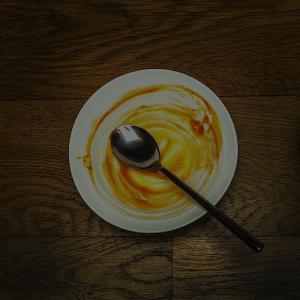Cary Umhau has lived in D.C. 30 years and is the founder of SPACIOUS, a community organization that conspires to turn strangers into neighbors by living out the gospel in creative ways. Her work and writing have been featured in BBC World News Service, PBS’ Nightly Business Report, Huffington Post, The Washington Post, and other outlets.
Her recently-published memoir, Burning Down the Fireproof Hotel, is the story of God’s movement in her life, revealing more of him than she’d imagined was true when she constructed a fireproof, safe, legalistic, impotent version of the abundant life that’s actually ours for the taking. Thankfully God wooed her out of that asbestos-laden joint.
Posts By This Author
Reaching Across the Divide

Image via urbanbuzz/Shutterstock
I was raised in Atlanta during the heyday of the civil rights era. I went to high school with some of Martin Luther King, Jr.’s children. And I didn’t know there was a racial problem in my city. Because for me and my people there wasn’t. It was somebody else’s problem. Across town. Somewhere else.
The black maids and gardeners rode a tidal wave into my white neighborhood each morning, tended babies, fried chicken, and manicured lawns. And then the tide washed them back out again. We didn’t often ask where they landed for the night and whether it was as sumptuous as our digs, or whether their neighborhoods were even safe. We just dropped our bath towels on the floor and figured that somebody would pick them up again in the morning. Life was good.
From the remove of 40 years and 600 miles, I see it differently. But it took more than time and distance to reckon with my own cluelessness about race. It took what it always takes for barriers to fall between “us” and “them” — getting to know some of “them.” I’ve gotten as far as being able to name that I am on one side of many different divides, including the dinner counter at the Mission, and I’m usually on the less-shitty side. And it’s through no merit of my own. In fact it’s where people like me, white and privileged, have long been and have little questioned.